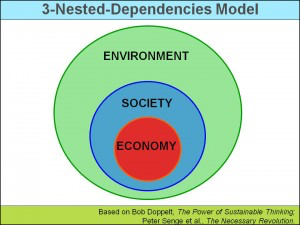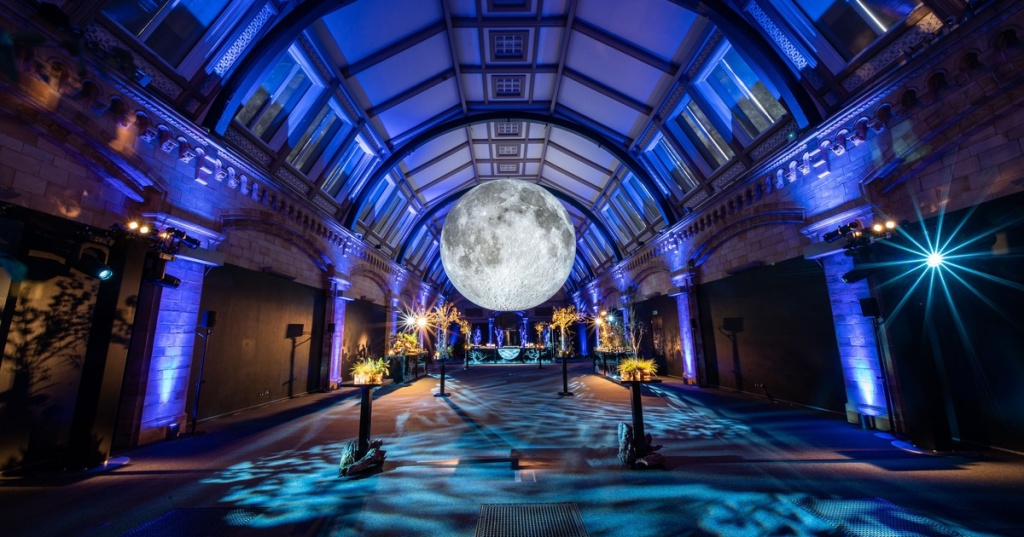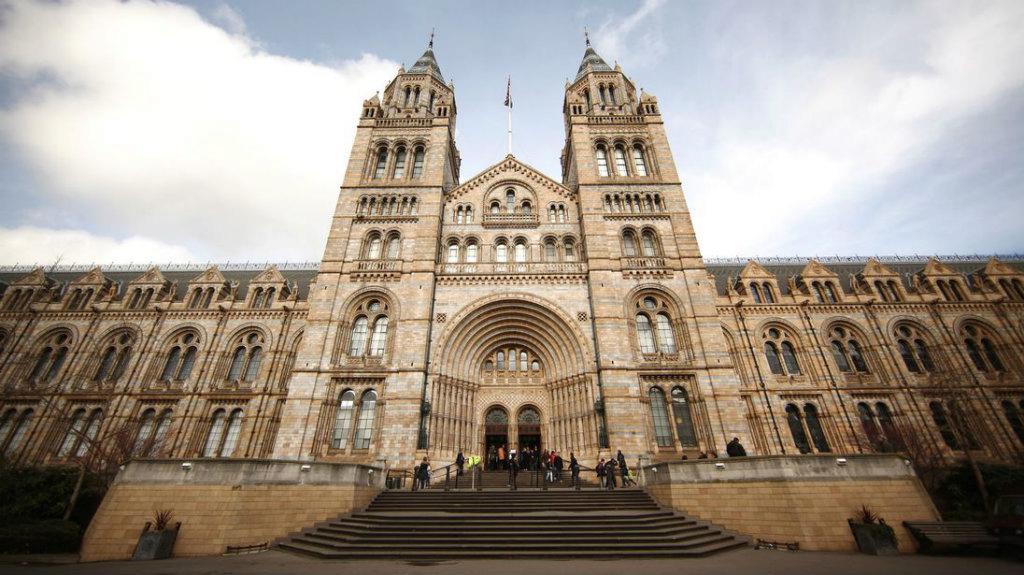Sustainability in the Arts: Exploring environmentally positive efforts displayed by The Dead Puppet society in David Morton’s theatre production of Wider Earth

Wider Earth, Natural History Museum
(Click above for Trailer)
Wider Earth follows the story of Charles Darwin on his voyage to the Galapagos Islands, exhibiting the revelation of some of the most important discovery’s known to history. The production has been praised by theatre critics, with a review on Everything Theatre describing it as having “Bold performances, stunning puppetry and a visually arresting production”. I watched this incredible performance, as a theatre-studies student at the time. The remarkable puppetry and unique sets differentiated this production to any other smaller scale production I have seen. This blog explores the sustainable choices made by Wider Earth, uncovering environmental consciousness that exist within theatre and how change can be integrated across contemporary theatre to make it a sustainable industry.
“Like a puppet version of The Blue Planet. A beautiful event – highly informative and visually amazing” – Mail on Sunday
Does the Arts care for its Sustainability?
Sustainability across the arts has only gained attention and critical thought in recent years, by both creative and cultural industry scholars as well as officials with the power to put policies into place. The Covid-19 pandemic put the entirety of the arts on pause during a pivotal point in terms of sustainability awareness. Works to make theatre more sustainable pre-covid, was evident in several theatre-production companies globally; National Theatre for example, began their journey to minimise energy consumption when collaborating with Phillips in 2009.
Sustainability is ‘meeting the needs of the present without compromising the ability of future generations to meet their own needs’.
Sustainability can be split into 3 main principles: 1. The Economy 2. Society 3. The Environment

The United Nations sustainable development visualises these 3 types of sustainability as a ‘nested model’: Each dependent on one another; consequently, each as important as the other, and therefore should be considered during the creative process of any art under the cultural industries umbrella e.g., Theatre, Dance etc. Wider Earth draws particular focus to these environmental principles of sustainability across theatre.
The Dead Puppet Society (DPS): Future of a Sustainable Theatre Industry?
The Dead Puppet Society (DPS) is a theatre production company established in 2009. It featured in a study conducted by Griffith University, which highlighted how ‘Australian performing arts organisations are responding to the global environmental crisis’.
Aims: “to create unique visual theatre experiences for audiences in an environmentally sustainable way”. -DPS

The designers’ ‘eco-minded’ and ‘creative’ staging techniques were credited in mitigating excessive waste; close to all of the material used for the puppetry in Wider Earth was recycled or pre-used, the use of spray paints and adhesives were kept to a minimal.
Let’s dive into ways Environmental Sustainability was kept at the heart of their creative processes…
Puppetry – Reduced – Reused – Recycled
High-end complicated sets, combined with an abundant use of special effects has become a normality across theatre, to reach high expectations for a visually impressive theatre: in turn juxtaposing any attempts to minimise production carbon footprint. Wider Earth opposes this: Puppetry is what, in my opinion, brought the production to life. Puppets were designed in a way that although at a closer glance were evidently made from recycled materials such as plastic bottles, and foil; they were highly creative in maintaining realism. One of my favourite scenes was the underwater scene; simple blue lighting was used, reflecting textures of recycled materials used to make the puppet. Here, Wider Earth adhered to contemporary expectations, whilst keeping carbon footprint to a minimal.
Set – Minimal – Multi-use
“Theatre artists always work within the parameters of time, cost or scale” – Theatre Green Book
Theatre Green Book depicts the way in which theatre should not feel limited by sustainability, instead navigate it through creative ambition in how they incorporate sustainability as central to their works; Wider Earth is clearly successful in this. Their set was minimal, used cleverly to reflect different locations, through the use of a single wooden revolving mass, central to all scenes, something I, as a drama student at the time, was inspired by, incorporating into my A-Level devising set design project. I hope other production companies can be inspired by, likewise to myself.
Location – The Jerwood Gallery – Natural History Museum
Images from jerwood.org, puppetcentre.org.uk and culturewhisper.com (Accessed 1/3/24)
I watched Wider Earth when it came to the Jerwood gallery in 2018. The decision to utilise this space was not only fitting for the storyline of the production but also a sustainable venue choice. Touring can cost a great quantity in terms of carbon footprint, however Wider Earth once again, kept environmental sustainability at the forefront of their objectives. The Jerwood Gallery is an exhibition gallery, home to numerous environmental orientated events over the years. It’s website outlines their environmental consciousness, exhibiting practices they implant to remain eco-friendly, eg; staff are encouraged to use public transport and weekly newspapers are now entirely digital.
Is There Hope For a Future of a Positive Relationship Between Theatre and Sustainability?
Wider Earth, in my opinion, is the most sustainable theatre production I have seen. I can contest DPS was triumphant of their aims: The performance of the ensemble was incredible in itself, however the visual affects created through their unique multi-purpose set and puppetry was what set this production apart. It is amazing to see the efforts smaller production companies have begun to make for the purpose of installing sustainably positive changes within theatre, whilst simultaneously remaining just as entertaining for audiences. The future of achieving high sustainability within the arts has a long way yet to go. However the continuation and growth of productions like Wider Earth; working with such environmentally friendly associates like the DPS and Jerwood Gallery, is vital to widespread positively sustainable practices, thus eventually implementing them as a normality within the industry.



